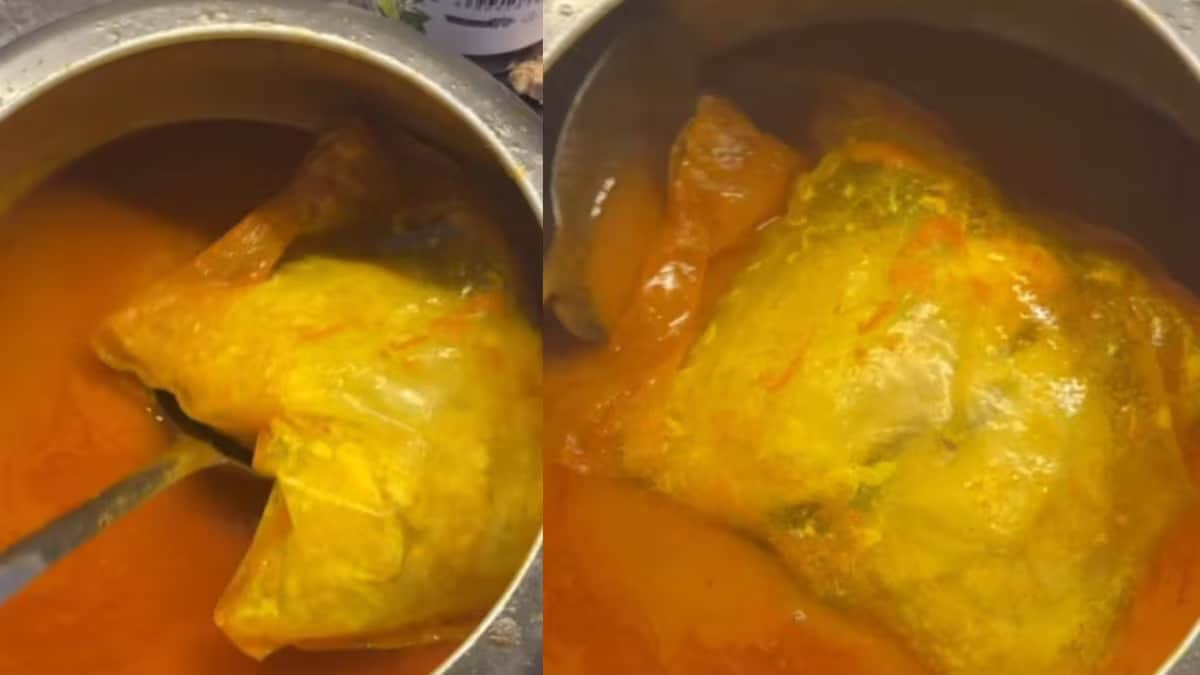Monsoons may provide relief to most people from the scorching sun, but they also come with a set of unpleasant side effects - a slew of seasonal allergies, and health problems. The allergens brought by the torrential rains are pollen, dust, and dirt particles, which aggravate asthma allergies. The moisture in the air, as well as wet clothes and shoes, are ideal breeding grounds for bacterial and viral infections that cause colds and flu, both of which can wreak havoc on an asthmatic's life. What one eats has a significant impact on the body, especially during the monsoon season. The high humidity levels slow our digestion and weaken our immune defenses. Eating the right foods and avoiding those that are detrimental will keep you healthy.
Here Are The Right Foods To Consume To Avoid Allergies During Monsoon:
1. Seasonal Fruits
Apples, jamuns, litchi, plums, cherries, peaches, papayas, pears, and pomegranates can help strengthen your immune system and prepare you for the season and the diseases that come with it. Avoid water-rich fruits such as watermelons and muskmelons as they may cause a cold.
2. Soups and Tea
Green tea, masala tea, or your regular tea are considered very beneficial during the monsoon season. Vegetable and dal soups are also beneficial because they boost immunity to respiratory disorders. Furthermore, both beverages are gentle on the stomach and one of the best asthma monsoon foods is tea and soup.
(Also Read: Monsoon Health Tips: 5 Monsoon Foods To Cleanse Liver Naturally)
Allergies during monsoon can be prevented by having hot soups.
3. Buttermilk and Yogurt
Most doctors recommend that yogurt be used in place of milk in the diet. Milk can harbour pathogenic bacteria and germs if not boiled properly, whereas yogurt and buttermilk contain probiotic bacteria that aid digestion.
4. Bitter Foods
Foods such as gourd, neem seeds, dandelion greens, and herbal teas can help remove toxins as well as boost immunity levels. These foods are also high in vitamins and minerals like calcium and iron, which are necessary for a person to be healthy and strong. Since many people get sick or have allergies during the monsoon, building immunity can help prevent them.
(Also Read: Monsoon Health Tips: How To Make Neem Tea To Prevent Seasonal Diseases)
A herbal tea can work wonders for immunity and good health during monsoon.
5. Homemade Fruit juices
Homemade fruit juices, such as apple and orange juice, are not only delicious but also packed with health benefits that will keep you healthy this monsoon. Apple juice aids in the removal of toxins from the liver, as well as increasing pH levels and preventing stomach problems.
Orange juice is regarded as one of the healthiest beverages because it boosts immunity, increases metabolism, and detoxifies the body. It also lowers the risk of diseases like malaria and diarrhoea, which are common during the monsoon season.
6. Probiotics and Vegetables
Raw vegetables should not be consumed because they may contain bacteria and viruses that can cause severe infections such as stomach pains, food poisoning (a common summer disease), and diarrhoea. It is best to stick to boiled and steamed vegetables because they are high in protein, fibre, and other nutrients aiding in the reduction of skin conditions such as acne, which is common during the monsoon season. If using vegetables or sprouts in salads, make sure they are blanched or steamed. Consuming nutritious milk products such as yoghurt and buttermilk is also important for avoiding illness during the rainy season.
(Also Read: This Monsoon, Try Out These 7 Tasty Soup Recipes For A Healthy Indulgence)
Contrary to popular belief, yogurt is excellent for monsoon.
7. Ginger and Garlic
In addition to anti-inflammatory, antibacterial, and antioxidant properties, ginger and garlic have anti-viral properties that can help relieve fever and chills. Ginger tea may help relieve throat discomfort, whereas crushed ginger or its essence can be mixed with honey for children over the age of one. Garlic, which has antimicrobial/antifungal properties, can be used in gravies, chutneys, soups, tea, and other dishes.
8. Omega-3 fatty acids
Omega-3 fatty acids have anti-inflammatory properties. Greater immunity would be advantageous during the monsoon season when the risk of infection through food and water is increased. Omega-3 fatty acids can be found in fish, shrimp, oysters, walnuts, pistachios, chia seeds, flax seeds, and other nuts and oilseeds.
About Author: Dr. Aditya S Chowti is Senior Consultant of Internal Medicine at Fortis Hospital, Cunningham Road, Bangalore
Disclaimer: The opinions expressed within this article are the personal opinions of the author. NDTV is not responsible for the accuracy, completeness, suitability, or validity of any information on this article. All information is provided on an as-is basis. The information, facts or opinions appearing in the article do not reflect the views of NDTV and NDTV does not assume any responsibility or liability for the same.
